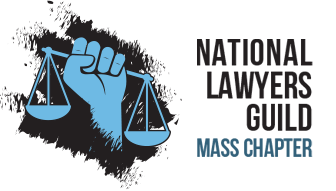Since the police murder of George Floyd, the NLG Litigation Committee has worked with progressive city councilors in Boston, Somerville, and Cambridge to have those cities adopt an ordinance which would severely restrict the use of so-called “non-lethal” chemical crowd control and kinetic impact weapons on demonstrations involving ten or more citizens. A model ordinance was drafted by NLG attorneys Jeff Feuer, David Kelston and Lee Goldstein with pro bono support from attorneys at Wilmer Hale. As a result of the Guild’s intense advocacy efforts, testimony at public hearings, and supplying supporting legal memoranda, we have been successful in getting ordinances passed in all three cities!
On April 8, 2021, Somerville became the first Massachusetts city to adopt a version of the NLG ordinance, when it passed a comprehensive law that completely bans the use of tear gas by police and places substantial restrictions on the use of so-called “non-lethal” projectiles and other crowd control weapons on demonstrations of ten or more people.
On May 13, 2021, Mayor Kim Janey signed a similar ordinance into law for Boston. In many ways, the Boston law is a stronger version of the Somerville ordinance, as it more stringently restricts the use of pepper spray and tear gas, though it does not outright ban the use of tear gas as the Somerville ordinance does.
Then, on September 13, 2021, after more than a year of work, a similar ordinance was passed by the Cambridge City Council. After a lot of pushback from the City’s law department, and following significant testimony from NLG attorney Jeff Feuer, there was enough support on the City Council to finally pass the ordinance. The fact that Somerville and Boston had enacted similar ordinances refuted the City Solicitor’s argument that Cambridge didn’t have the authority to enact such a law. The Cambridge ordinance outright bans the use of ALL chemical crowd control weapons (not just tear gas) on groups of ten or more people, severely limits the use of kinetic impact weapons, and provides for treble damages and attorney’s fees for anyone injured by a violation of the ordinance. It also removes the defense of qualified immunity and provides for discipline of police officers who violate the law, up to and including discharge.
The NLG Litigation Committee will now seek to have similar laws passed in other Massachusetts cities and on a state-wide level as well.



